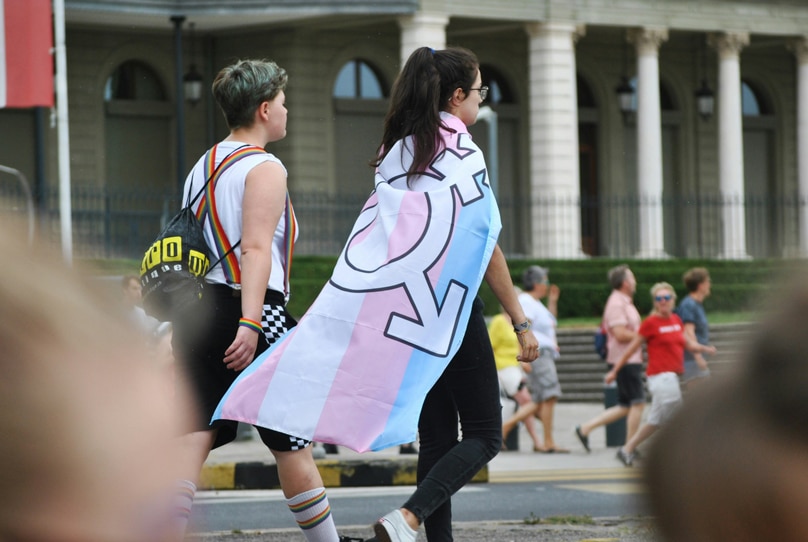
In this week’s Catholic Weekly, you will read about the NSW government’s proposed ban on so-called conversion practices. It is important to note from the outset that the bill itself is unnecessary because the types of conversion practices used to justify the bill have not existed for some time, like electroshock therapy and other harmful “treatments” that were used in decades past to seek to change a person’s sexual orientation.
In 2014, it was thought that nine organisations in Australia still practiced some form of this type of conversion practice but none of these organisations are in existence today. In the past 20 years, the NSW Health Care Complaints Commission received only 18 complaints about conversion practices that related to three individual health practitioners.
So the bill is not responding to any pressing societal need. Rather, the push behind the bill is ideological. Instead of outlawing harmful practices, these types of laws have as their aim the silencing of traditional teachings on sex and gender.
As I wrote last year for this paper, the ultimate goal is to essentially ban counselling a person towards any type of sexual restraint or in other words, the outlawing of Christian sexual morality. The bill will achieve this by placing restrictions on what can be said about these matters by medical and mental health professionals, priests and pastors, parents and teachers.
Still, prior to last year’s state election, both the then-Perrottet government and the Minns-led opposition promised a ban on so-called conversion practices, and so we were never going to get through this year without a bill. It was these pre-election promises from both the major parties that have brought us to where we are today.
While it does have problems, the bill we have ended up with is, in my view, a sincere attempt by this government to find a way of fulfilling its pre-election commitments. This wasn’t an easy task. Those pre-election commitments—given both to religious groups and LGBT lobbyists—were sometimes contradictory. Neither “side” of this debate got everything they were promised.
There are some clauses that attempt to offer common sense protections. For example, health practitioners are free to provide treatments they have assessed to be clinically appropriate. Parents are free to discuss matters of sexual morality and belief with their children. Religious educational institutions are free to make general rules for staff and students.
Additionally, the attorney-general, when introducing the bill, made it clear that peer support groups where people discuss and share experiences relating to their sexual orientation, gender identity or living in accordance with religious beliefs or principles will not be outlawed. This language was specifically included to ensure ministries like Courage—the Catholic ministry that helps people with same-sex attraction to live in accordance with the church’s teachings—are not caught within the remit of this bill.
The bill also has some grave deficiencies. It is still not as clear as it could be when it comes to whether promoting “chastity” will be permitted in all circumstances, nor is it clear as to whether parents can do more than “discuss” sexual morality with their kids by setting family rules. The bill still treats attempt to change or suppress a person’s sexual orientation and gender identity in the same way, even though we know that gender-affirmative treatments are highly contested and penalising those that would call for caution on the gender transition of kids could result in more children being harmed by these risky and largely untested processes.
Indeed, on the day that this bill was tabled in parliament, the National Health Service in the UK confirmed that puberty blockers would no longer be prescribed to minors except for clinical research purposes, all but putting an end to the gender affirmation experiment in that country.
The bill is still better than its Victorian counterpart, but goes way further in restricting freedom of faith and parental rights than do the laws in both Queensland and the ACT.
At the time of printing, the NSW Labor government was attempting to rapidly push the bill through parliament. There is no time to lose. If you haven’t already, please use the contactyourmp.org.au website to ask your local MP to urgently consider amendments that will make this bill safer for families and faith communities, and especially for kids.
